Schrodinger Cats: the quest to find the edge of the quantum world
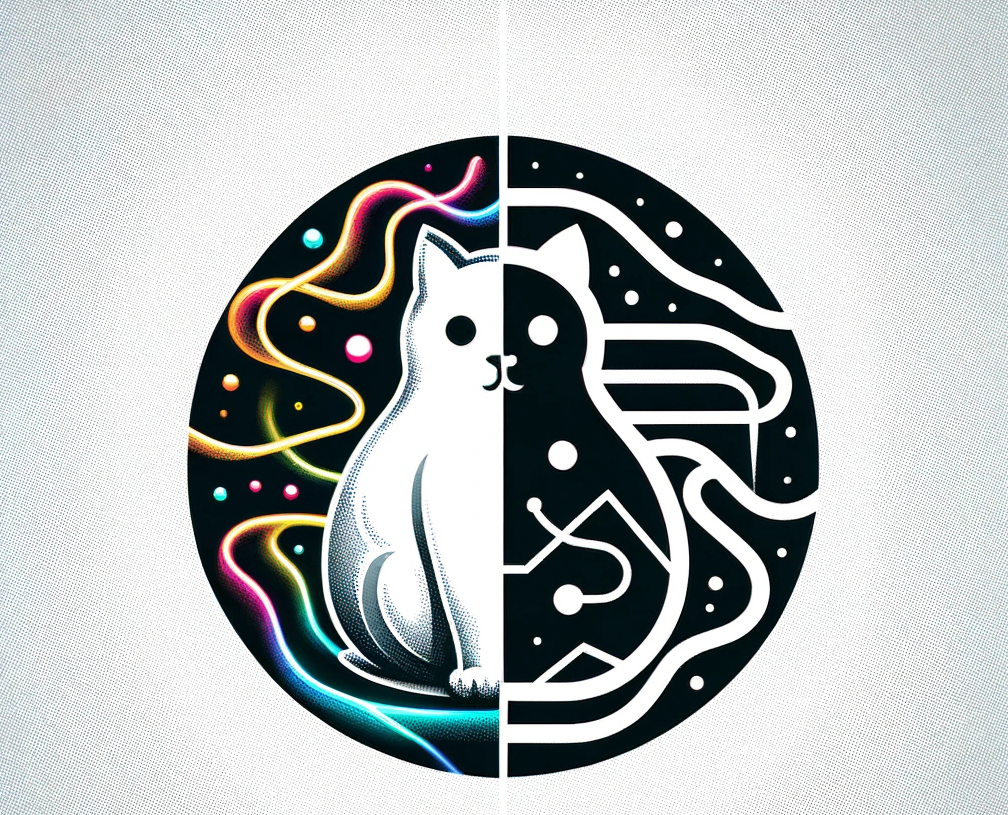
Dec 9 to Dec 13 2024, Okinawa, Japan
The generation of macroscopic quantum superpositions of massive objects have fascinated scientists since Schrodinger but scientific developments now promise that such superpositions may become possible in the very near future.
This meeting will focus on the science of macroscopic quantum superpositions - or more commonly known as Schrodinger Cats. In the 1930s Erwin Schrodinger made a thought experiment to test the boundaries of quantum mechanics. He asked if it could be possible, not only in principle, but also in practice, to make a quantum superposition of a large-massive object (in his case a cat), in two very different positions. As far as we know - this should be possible - but extremely challenging experimentally. If one can even achieve this for nanometer (or larger), sized particles one opens the possibility of tackling many fundamental questions e.g. how does quantum interact with gravity, is there some other addition to quantum mechanics which prevents the formation of such large-massive quantum superpositions? Can such massive superpositions be used for ultrasensitive sensors.
This meeting will bring experimentalists and theorists together to discuss recent science (experiment and theory), towards generating such quantum superpositions.
This workshop is hosted by the Okinawa Institute of Science and Technology Graduate University, Japan supported by the EPSRC Project Levinet.
Organising Committee
The organising committee consists of (alphabetical last name):
- Kiyotaka Aikawa (University of Tokyo, Japan)
- Sougato Bose (University College London, UK)
- Maria Fuwa (Advanced Industrial Science and Technology (AIST), Japan)
- Yosuke Minowa (Kyoto University, Japan, from April 2024)
- Bill Munro (Okinawa Institute of Science and Technology, Japan)
- Kentaro Somyia (Tokyo Institute of Technology, Tokyo, Japan)
- Jason Twamley (Okinawa Institute of Science and Technology, Japan)
Registration Closed
If you have any queries, please email us at qcatz@oist.jp
Click here for the:
DRAFT PROGRAM
Speakers
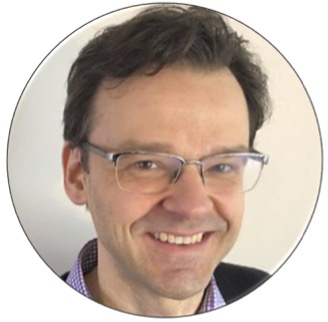
Prof Andrew Geraci
Associate Prof at Northwestern University in the USA whose interests cover the experimental levitation of nanoparticles for sensing of weak forces and their application for the search for new forces and dark matter.
Link
Research Interests: Trapped particles, optical trapping, levitated motion, feedback cooling, exotic forces, dark matter
Google Scholar
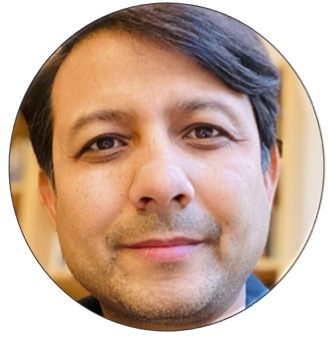
Prof Anupam Mazumdar
Professor at the Faculty of Science and Engineering at the University of Groningen, Netherlands. Theoretical scientist working on the interaction of quantum science with gravity and gravitional fields - testing quantum gravity via quantum entanglement in the laboratory.
Link
Research Interests: Quantum gravity, quantum mechanics, quantum optics, optomechanics, entanglement, matter-wave interferometry.
Google Scholar
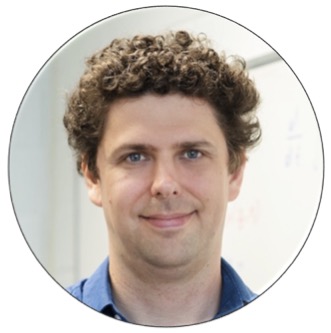
Prof Ben Stickler
Heisenberg Professor at the University of Ulm, Germany. Focus is on the theory of levitated systems and macroscopic quantum science.
Link
Research Interests: quantum rotations of nanoparticles, levitated particle electromechanics, decoherence of levitated systems.
Google Scholar

Prof Andrea Morello
Professor at the University of New South Wales, Australia. Experimentalist with a focus on solid-state quantum information processing and Schrodinger cats of nuclear spins.
Link
Research Interests: Solid state qubits, silicon, quantum dots.
Google Scholar
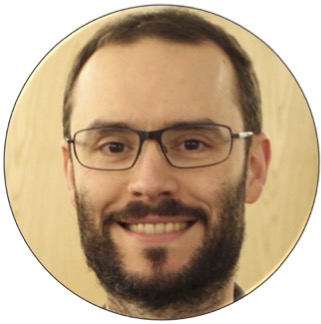
Prof Gavin Morley
Professor at the Physics Department of Warwick University, UK. Focuses on the theory and experiment of uses of impurities in diamond for uses in quantum information processing and fundamental studies in quantum science.
Link
Research Interests: diamond, gravity and quantum, magnetic levitation, quantum sensing, quantum computing.
Google Scholar
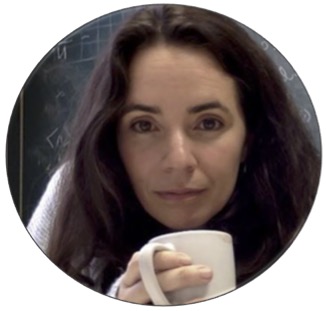
Prof Ivette Fuentes
Professor at the School of Physics and Astronomy, University of Southhampton, UK. Focuses on physics at length scales where both gravity and quantum mechanics become important.
Link
Research Interests: Space based research in quantum and gravity, quantum technologies for fundamental research, the overlap of general relativity and quantum.
Google Scholar
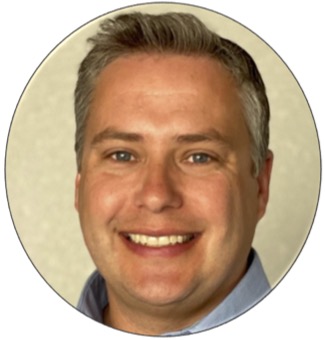
Dr John D. Teufel
Is an experimentalist at the Applied Physics Division of NIST, at Boulder, USA. They focus on precision cryogenic measurements and quantum macroscopics including the development and metrology of superconducting qubits, optomechanical circuits and Josephson parametric technology.
Link
Research Interests:
Superconducting quantum hardware, quantum optics, quantum optomechanics, macroscopic quantum systems.
Google Scholar
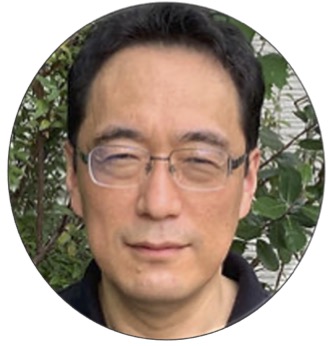
Prof Kazuhiro Yamamoto
Professor at the Department of Physics in Kyushu University in Japan with a focus on the gravitational interaction between quantum systems.
Link
Research Interests: Cosmology, gravitational theory, quantum field theory, astrophysics, quantum information science.
Google Scholar
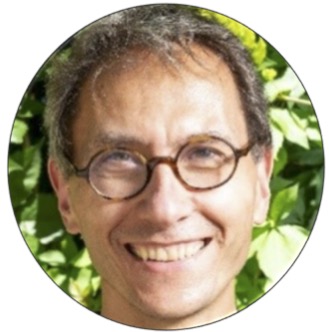
Prof Markus Arndt
Professor at the University of Vienna, Austria who focuses on experiments in matter wave interferometry, optomechanics, quantum sensors and quantum technologies for fundamental science.
Link
Research Interests: Macroscopic quantum systems, quantum interference, matter waves, optomechanical systems.
Google Scholar
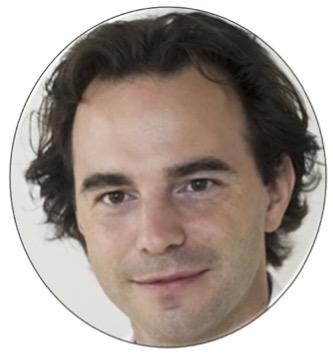
Prof Markus Aspelmeyer
Professor at the University of Vienna, Austria and in the Austrian Academy of Sciences. Focuses on quantum optomechanics and precision tests of gravity and quantum gravity.
Link
Research Interests:
Levitated systems, optomechanics, cooling, precision measurements of gravity
Google Scholar
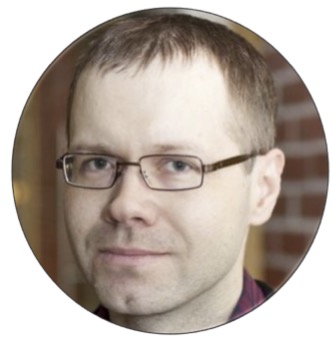
Prof Mika Sillanpää
Professor at Alto University in Finland. Focus on the experimental quantum-mechanical behavior of macroscopic moving objects, using micro- and nanomechanical resonators and superconducting qubits.
Link
Research Interests: quantum nanomechanics, motional quantum systems, superconducting electromechanics, microwave optomechanics.
Google Scholar

Dr Nadine Meyer
Researcher at the NanoPhotonics Systems Laboratory, ETH Zurich, Switzerland, working on levitation optomechanics with nanoparticles with a focus on cavity optomechanics and inertial sensing.
Link
Research Interests: experimental optical levitation, optomechanics, inertial sensing
Publications
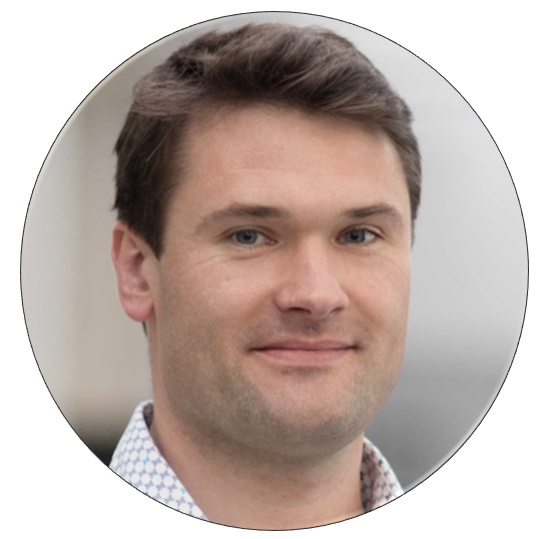
Dr Nicolas Didier
Device Theory team Lead at Alice & Bob, Paris, France.
Focus on quantum computing with superconducting circuits and quantum error correction with dissipative cat qubits.
Link
Research Interests: Circuit quantum electrodynamics, quantum information science, bosonic codes.
Publications
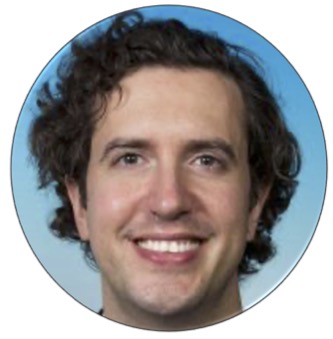
Prof Oriol Romero-Isart
Professor at ICFO - Institute for Photonic Sciences, Spain. Focus on the theory of macroscopic quantum superpositions.
Link
Research Interests: Quantum Information Science, quantum computing, quantum communications
Google Scholar
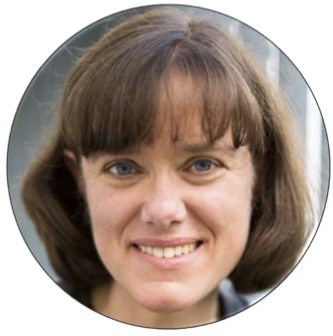
Prof Tracy Northrup
Professor of Experimental Physics at the University of Innsbruck, Austria. Focus on optical cavities and trapped ions as tools to explore quantum-mechanical interactions between light and matter, with applications for quantum networks, sensors, and quantum simulations.
Link
Research Interests: Trapped ions and particles, quantum interfaces between light and matter
Google Scholar
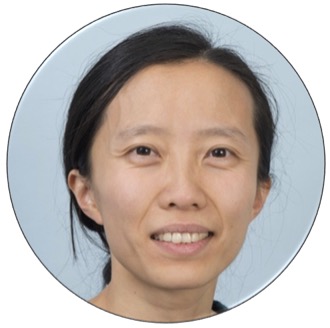
Prof Yiwen Chu
Professor at the ETH Zurich. Focus on experiments in quantum acoustics coupling phonons and discrete systems in matter.
Link
Research Interests: Quantum acoustics, coupling of phonons to spins and superconducting quantum circuits,
Google Scholar
Code of Conduct
We are committed to making our workshops (workshop(s) organized by OIST, hereinafter “our workshop(s)”) an inclusive space for sharing ideas and knowledge. We will not tolerate disrespectful communication, discrimination, harassment, or bullying in any form. As such, all participants attending our workshops are required to comply with this Code of Conduct. To provide all participants the opportunity to benefit from our workshops, we at OIST are dedicated to a positive, safe and harassment-free experience. Harassment in any form is specifically prohibited.
What is Harassment?
Harassment involves continued antisocial or unreasonable actions that violate a reasonable person’s personal rights and/or dignity and cause mental suffering, and thus worsen the person’s environment or make him/her anxious about participation. Behavior that is acceptable to one person may not be acceptable to another, so we ask that you use discretion to be sure that respect is communicated. Harassment intended in a joking manner nevertheless constitutes unacceptable behavior. Speech that is not welcomed or that is personally offensive, whether it is based on gender, age, sexual orientation, mental or physical disability, ethnicity, national origin, religion etc. will not be tolerated.
If you are being harassed, notice that someone else is being harassed, or have any other concerns, please bring this to the immediate attention of the organizers. If you wish to report an issue concerning the organizers, you can contact the Conference and Workshop Section directly and submit a confidential report by sending an email to workshop-codeofconduct@oist.jp or submitting a report through the webform. All complaints will be taken seriously and responded to by the Provost promptly. Confidentiality will be maintained to the extent that it does not compromise the rights of others. Individuals found in breach of this Code of Conduct will be dismissed from the workshop immediately. Retaliation for reporting harassment is also a violation of Code of Conduct, as is reporting an incident in bad faith.



